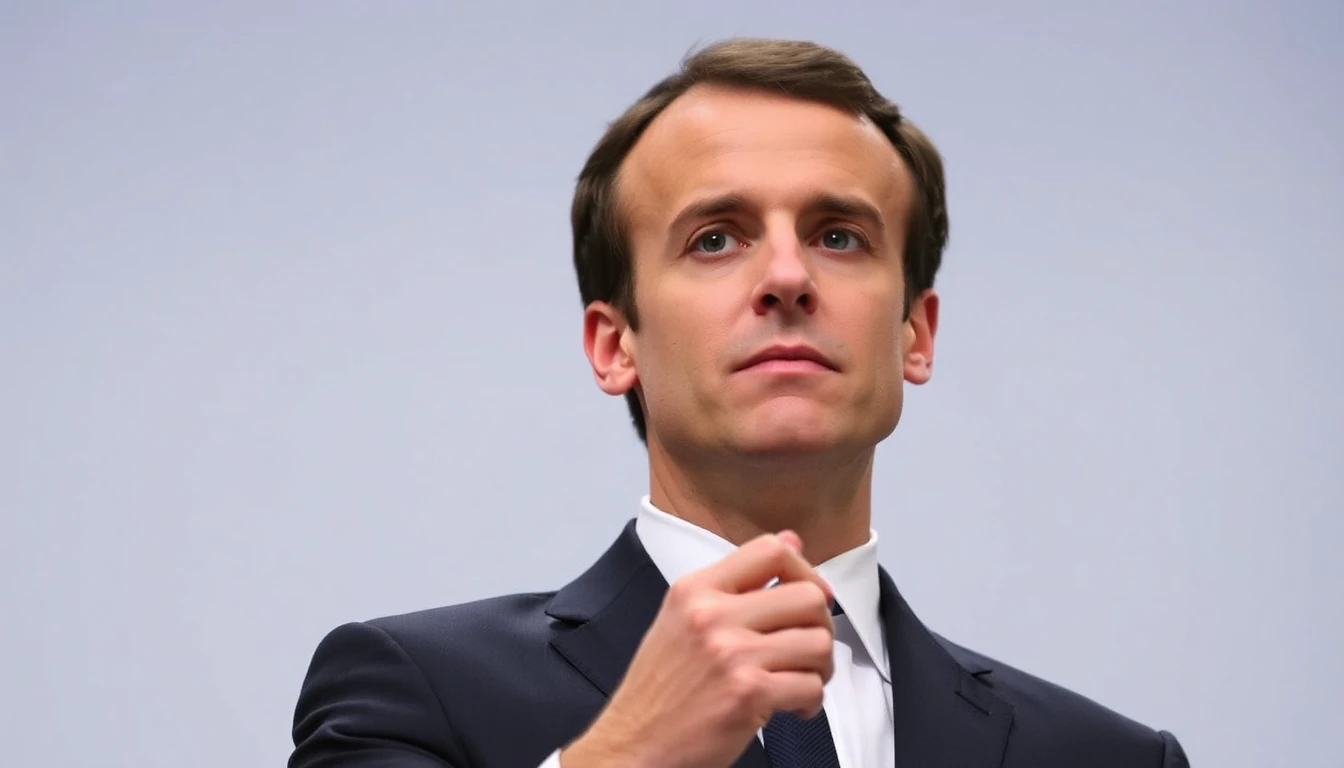
French President Emmanuel Macron has thrown his weight in a bold move to balance fiscal responsibilities and solidarity in bad economic times, for a proposal of a temporary additional tax targeting large French companies. The October 2, 2024 development revealed the ongoing fiscal policy recalibrations in France as its government sought avenues it could use to prop up public finances.
A sort of temporary tax, it would fall on the most profitable companies in France and has stirred debate from business leaders and policymakers alike. He determines the fate of his presidential administration, and now-should he be committed to standing by a measure with which to ensure that the economic burden is distributed in a manner he and many would want best- he pressures the government to step up further towards meeting these targets.
This move comes amidst debates in the French Parliament for the need to adopt new fiscal strategies to get the country out of the financial troubles it has found itself in. The proposed tax is not intended to be a permanent feature but as a temporary measure designed to recover part of the fiscal shortfall that the nation experiences. It reflects efforts to encourage those with significant economic means to contribute more during a period marked by economic hardship.
This levy has received a varied welcome. The proponents insist that this is in line with the principles of fiscal justice and equity, and urge the largest companies to help shoulder more of the financial burden. Their opponents, however, caution that such an action may eventually have the adverse effect of stifling growth in business and investment in France. The result of this proposition may well act as an indicator of France's general outlook toward fiscal responsibility and accountability of corporations in times of economic hardships.
For President Macron, too, there is some political capital at stake in this move. This comes at a time when he is trying to steer the nation through complex economic environments and to maintain both social harmony and economic stability within the country. This can also dampen various criticisms with regard to corporate welfare and inequality through this temporary tax, as the government tries to convince the general public by all means that all sectors would contribute to the fiscal needs of the nation.
All this, of course, ultimately has to pass debate in the French legislative assembly for it to come into force. But if it does, the temporary tax would represent a considerable turn of policy for the French economy, following similar measures from other countries to cope with budgetary pressures. Analysts and business leaders closely observe what comes out because the implications of this tax could have effects beyond France's borders.
The weeks and months ahead will be instructive for big business to rise to such a challenge and what it bodes for the economic positioning of France on the world stage.
How this proposition is decided will be reflected in the standing of France at home and abroad with regard to its business climate and the overall success of such a measure in forcefully dealing with fiscal challenges.
#MacronTax #FranceEconomy #FiscalPolicy #CorporateTax #TemporaryTax #EconomicStrategy #PublicFinances #LargeCorporations #EconomicChallenges
Author: Daniel Foster




